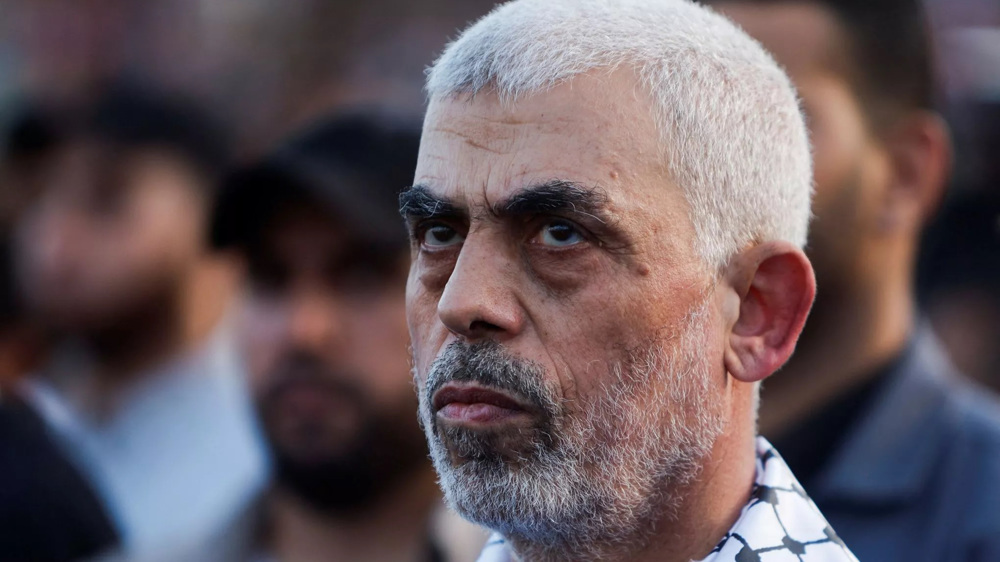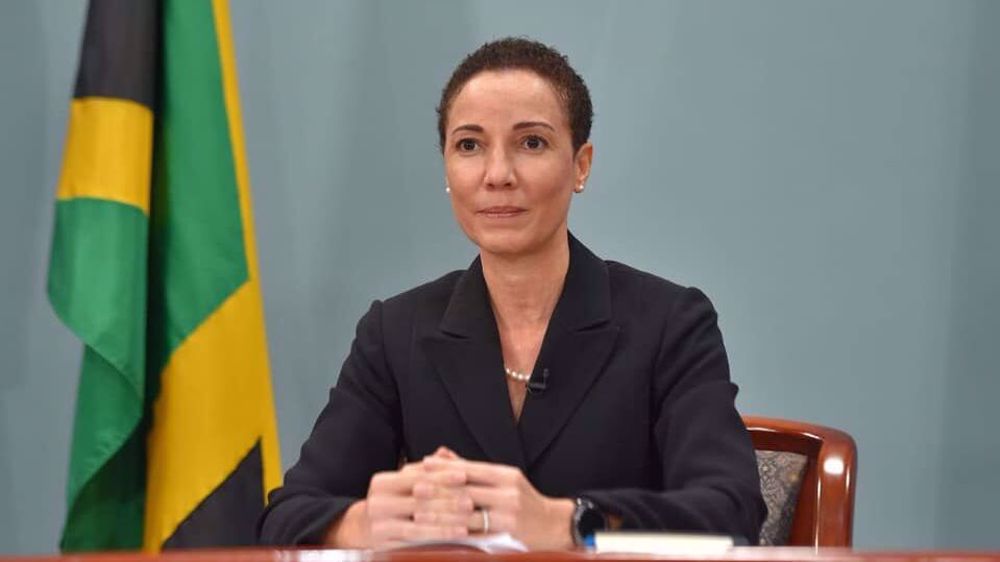Ireland hosts Mideast ‘peace’ talks shortly after Warsaw Summit’s failure
Ireland on Tuesday hosted “closed-door talks” between a group of European and Arab ministers over the “peace process” in the Middle East, a few days after a similar conference failed in the Polish capital of Warsaw.
The Tuesday talks focused on "how best to move forward" in the Middle East peace process, the Irish foreign ministry said.
Top Irish diplomat Simon Coveney headed the "retreat-style" meeting with his counterparts from Bulgaria, Cyprus, Egypt, France, Jordan, Spain, Sweden, as well as Palestinian Foreign Minister Riyad al-Maliki.
The ministers were joined by Arab League head Ahmed Aboul Gheit.
"The intention was not to launch any new process but to consider ways to support and shape engagement on this issue in other fora," a foreign ministry spokesman said in a statement.
The "confidential discussion on the present state of the Middle East peace process and how best to move forward" was held at Farmleigh, a manor house in Dublin used for visiting dignitaries.
Jordan's foreign ministry says those attending the meeting agreed on the importance of launching serious and effective negotiations to resolve the Palestinian-Israeli conflict on the basis of a two-state solution.
"Discussions highlighted the importance of supporting all effective efforts towards ending the conflict, with participants stressing the centrality of the Palestinian cause and the two-state solution to efforts aiming to achieve security and stability in the region and combat extremism and despair," a Foreign Ministry statement said.
"The ministers expressed concern about the status quo and stressed the importance of finding a political prospect for progress towards resolving the conflict," the statement noted.
Tuesday's meeting comes ahead of the first ever EU-Arab League summit in Egypt on February 24-25.
It also came a few days after a similar conference held by the US in Warsaw, Poland on February 13-14.
The event has been widely viewed as a failure for the US as most global leaders snubbed the meeting, making American Vice President Mike Pence sit and interact with foreign officials well below his diplomatic stature
On the sidelines of the conference, which was supposed to discuss ways to promote “peace” in the Middle East, Israeli Prime Minister Benjamin Netanyahu startled the international community and even his allies in the White House by openly speaking of a “common” Israeli-Arab “interest” of “war with Iran.”
Netanyahu also made provocative remarks against the Poles, accusing the European country of collaborating with the Nazi Germany in carrying out what is said to be the Holocaust.
The Israeli PM has in the past hit out at what he describes as the EU's "hypocritical and hostile attitude" -- referring to its criticism of Israel's treatment of Palestinians.
And Ireland has drawn criticism from Israel in recent months over a bill progressing through parliament which would outlaw the import of goods from the occupied territories.
Read more:
The “confidential” meeting in Ireland came just days after Jared Kushner, US President Donald Trump's son-in-law and adviser, outlined plans for a “peace” deal between Israel and the Palestinians at the Munich Security Conference.
The US plans are to be formally presented after Israel's April 9 elections. But the Palestinian Authority says it can no longer trust the United States as an honest broker after Trump in 2017 recognized Jerusalem al-Quds as the Israeli regime’s capital.
In December, several European Union member states warned that Trump’s plan on the Israeli-Palestinian conflict, which is yet to be unveiled, will not be successful if it fails to take into account internationally-agreed parameters for peace, namely a two-state solution along the pre-1967 boundaries.
The United Kingdom, France, the Netherlands, Poland and Sweden – which are all member states to the UN Security Council (UNSC) - as well as Belgium, Germany and Italy released a joint statement in December, saying the so-called Middle East peace plan should support the Palestinian statehood and end the Israeli occupation.
VIDEO | Anti-US sentiments grow in Iraq as US military presence unresolved
Jamaica officially recognizes state of Palestine
Raeisi attends inauguration of Iran-built mage multipurpose project in Sri Lanka
'Sinwar still supervising Gaza war; Israel deliberately delaying talks on captives'
VIDEO | Press TV's news headlines
UK's Rwanda deportation plan morally disgraceful
VIDEO | Raeisi inaugurates Iranian-built mega multipurpose project in Sri Lanka
VIDEO | Italian parliament hosts book launch on Palestine's untamed resistance













 This makes it easy to access the Press TV website
This makes it easy to access the Press TV website